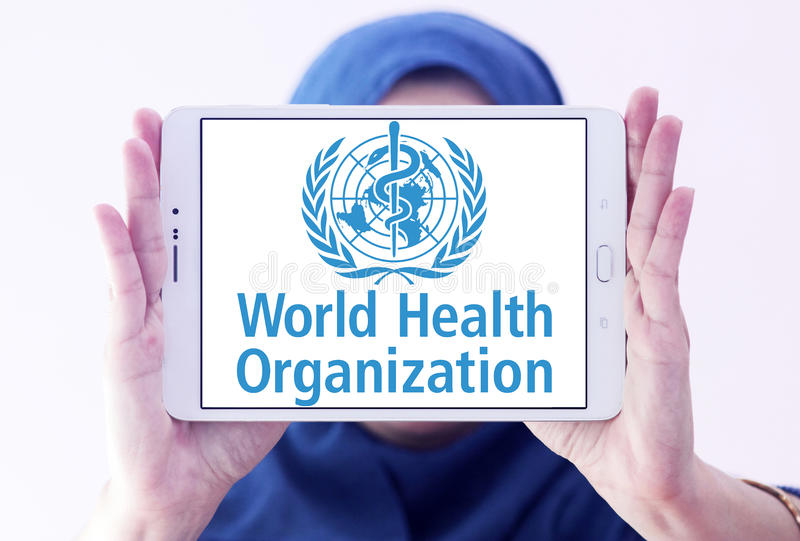Share!
The World Health Organisation (WHO) in collaboration with the African Health Observatory Platform on Health Systems and Policies (AHOP) has engaged policymakers and stakeholders across the health sector in a cross-cutting policy dialogue to curb brain drain in Nigeria and other African countries.
The AHOP Coordinator of Integrated African Health Observatory, Dr Serge Bataliack, while interacting with the journalists at the sideline of the 2nd Cross-cutting policy dialogue on brain drain in Africa bilateral agreement on health workforce migration and mobility, lamented that brain drain in the health sector has dire consequences for health outcomes for citizens, adding that the dialogue was aimed at finding solutions that would lead to implementable policies.
He said: “I think that is the right time to have that paradigm shift and find solutions. This discussion will really help trigger those decisions and also support countries. At WHO, our role really is to support the countries in generating the evidence and also setting up policies that will help to deliver better health outcomes.”
Also, the Deputy Director and the Head of the Health System Strengthen Department of Health Planning Research and Statistics at the Federal Ministry of Health and Social Welfare, Dr Nwakaego Chukwukaodinaka, pointed out that underfunding, limited opportunity for career advancement, poor remuneration, and working conditions, as well as insecurity, are some factors that push health professionals to seek greener pastures.
She, therefore, recommended that more resources be needed for health care services delivery in Nigeria.
“We need to increase the number of primary health care centres, making sure that secondary, tertiary service infrastructure and power supply to the hospitals across the country.
“It would require commitment and increased investment in healthcare infrastructure and systems.
”Furthermore, it is critical to tackle the underlying issues that lead to the healthcare workforce leaving the country. This involves enhancing governance, addressing corruption, and implementing policies that prioritise investments in healthcare.
“By establishing an open and accountable system, we can foster trust and confidence in our health institutions, ultimately reducing the motivation for health professionals to seek employment opportunities.” She added.
Meanwhile, the Chairman, Senate Committee on Health, Dr. Ipalibo Banigo, in her remarks, emphasized the need for collaboration to manage the health workforce migration.
The representative of the Health Policy Research Group, Prof Obinna Onwukjewe, said the issue of health worker migration is a topical issue in Nigeria and Africa because people need the health workforce to deliver services and do other things within the health sector.
“If they are migrating, especially the well-trained ones or experts, then there is a problem with the delivery of health services.
Onwukjewe also highlighted that one of the major reasons for universal health coverage is service delivery for the populace
“If you have health workers and they are living, that means we cannot achieve universal health coverage and the health of the citizens will suffer and cannot have access to the health services they need,” he said.
